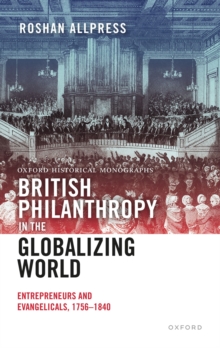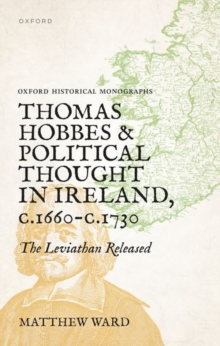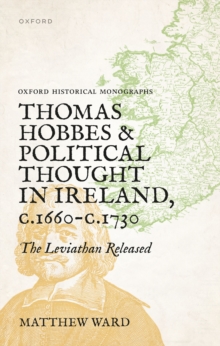
The Detection of Heresy in Late Medieval England PDF
by Ian Forrest
Part of the Oxford Historical Monographs series
Description
Heresy was the most feared crime in the medieval moral universe. It was seen as a social disease capable of poisoning the body politic and shattering the unity of the church. The study of heresy in late medieval England has, to date, focused largely on the heretics. In consequence, we know very little about how this crime was defined by the churchmen who passed authoritative judgement on it. By examining the drafting, publicizing, and implementing of new laws against heresy in the fourteenth and fifteenth centuries, using published and unpublished judicial records, this book presents the first general study of inquisition in medieval England. In it Ian Forrest argues that because heresy was a problem simultaneously national and local, detection relied upon collaboration between rulers and the ruled. While involvement in detection brought local society into contact with theapparatus of government, uneducated laymen still had to be kept at arm's length, because judgements about heresy were deemed too subtle and important to be left to them.
Detection required bishops and inquisitors to balance reported suspicions against canonical proof, and threats to public safety againstthe rights of the suspect and the deficiencies of human justice. At present, the character and significance of heresy in late medieval England is the subject of much debate.
Ian Forrest believes that this debate has to be informed by a greater awareness of the legal and social contexts within which heresy took on its many real and imagined attributes.
Information
-
Download - Immediately Available
- Format:PDF
- Publisher:Clarendon Press
- Publication Date:20/10/2005
- Category:
- ISBN:9780191536878
Information
-
Download - Immediately Available
- Format:PDF
- Publisher:Clarendon Press
- Publication Date:20/10/2005
- Category:
- ISBN:9780191536878










